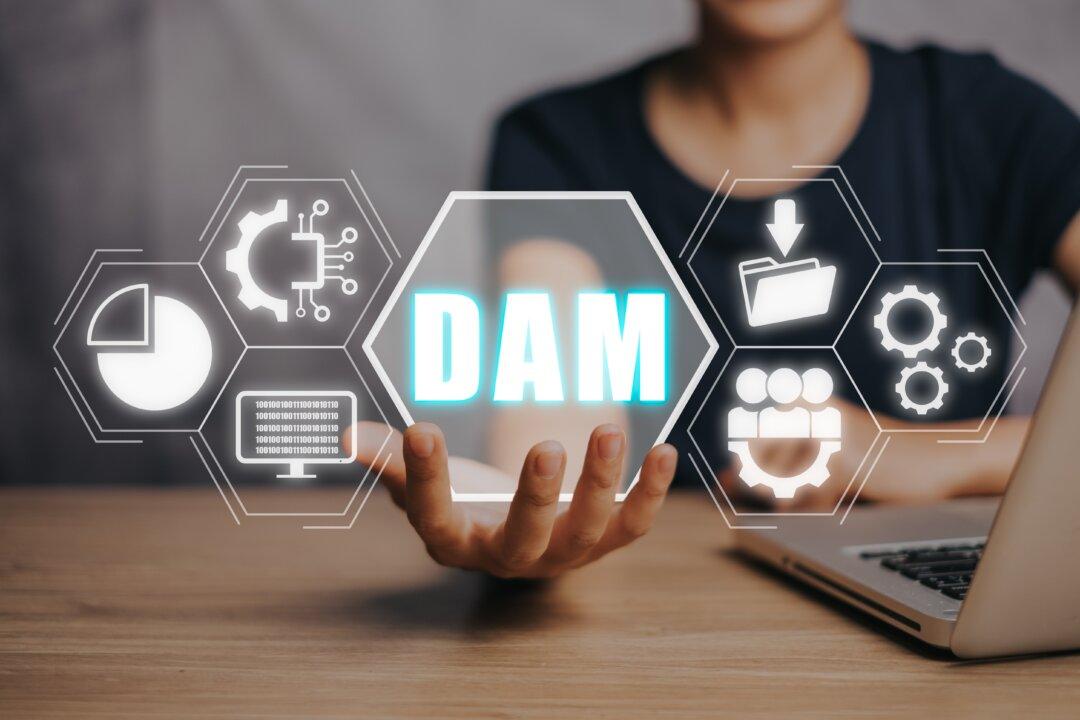Knowing which assets will have to go through probate can help you avoid complications with your estate planning and can help ensure they get to your chosen beneficiary. Some of your digital assets can avoid probate, which will help you to save money on taxes.
Establishing a Beneficiary
Your non-probate assets need to have a beneficiary named on those accounts. You can get a form from the institution that manages the account. FreeWill mentions that if the beneficiary dies before you do, the assets in that account will go through probate unless you update and name a new beneficiary.Items Subject to Probate
When probate is necessary, some assets must go through the process. TrustandWill says that these assets include:- bank accounts
- investment accounts
- real estate
- businesses
- personal property
- household items
A Digital Will Is Not a Legal Document
To control where your digital assets go after you die and who has access to them, you must create a digital-assets plan. Different states may vary slightly on how to word your will to disperse these assets and who will control them.Although you can put much important information into a digital-assets plan, it is not considered a formal legal document. Instead, it is an informal document that provides instructions on how you want your digital assets disbursed and information on how to access them.






